
Copyright Law Day
#EducationDedicated to recognizing the significance of copyright laws that protect original works of authors.
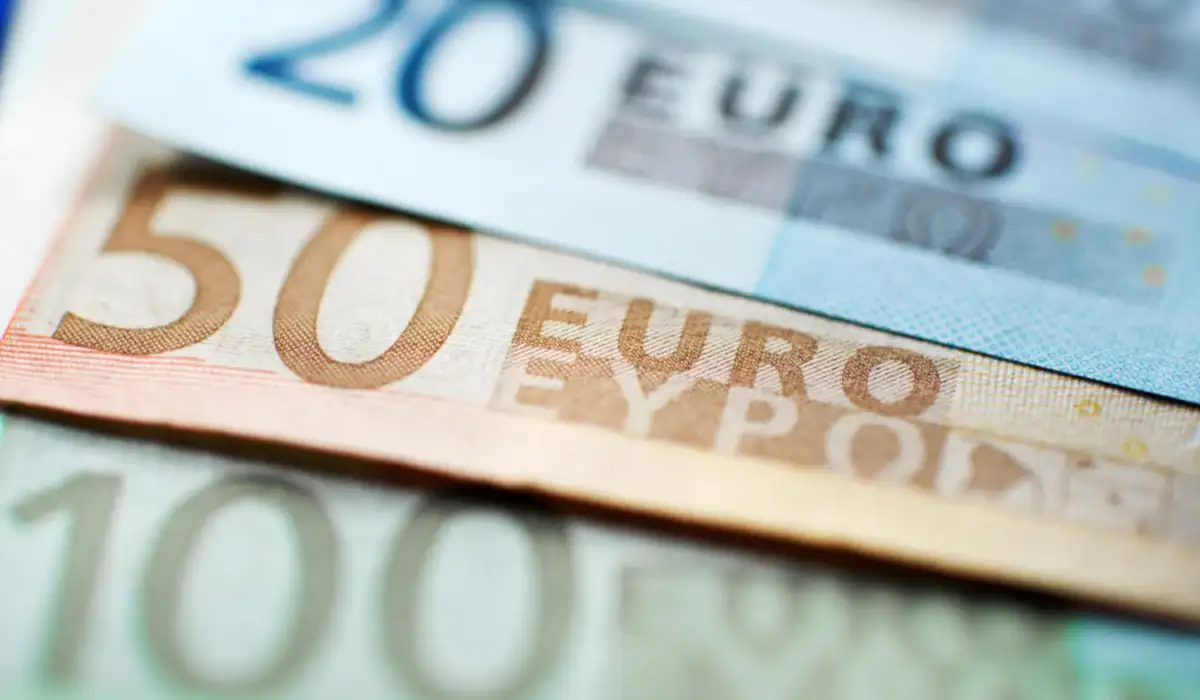
Euro Day
#Culture#EconomySymbolizing the euro currency in the European Union.
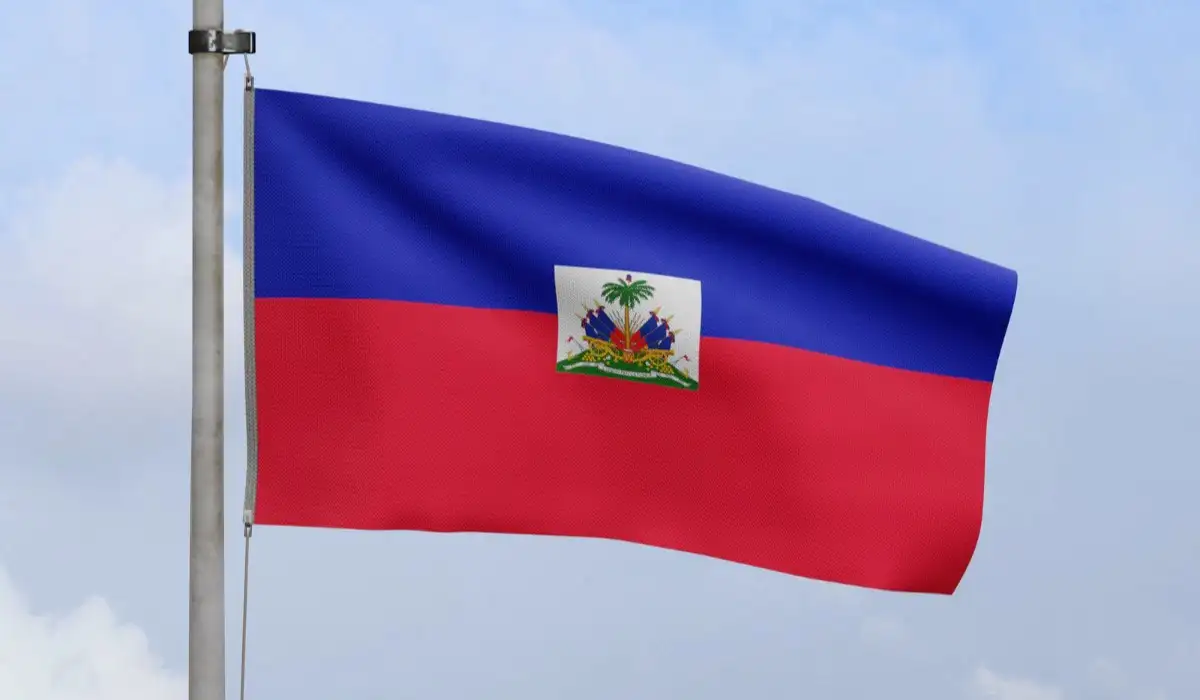
Haiti Independence Day
#Independence#HistoricalThis day signifies the birth of the world's first black-led republic in 1804.

National Bloody Mary Day
#BeverageKick off the new year with this iconic cocktail. A perfect antidote after late-night festivities.

National Hangover Day
#FunA day dedicated to recovering from excess celebrations, promoting rest, and some comfort food.

New Year's Day
#FunA day of fresh starts, reflection, and setting goals for the year ahead.

Polar Bear Plunge Day
#FunKick off the New Year with a refreshing dip into cold waters.

Public Domain Day
#Culture#BooksA yearly event where copyrights expire, freeing books, music, and artwork into the public domain.
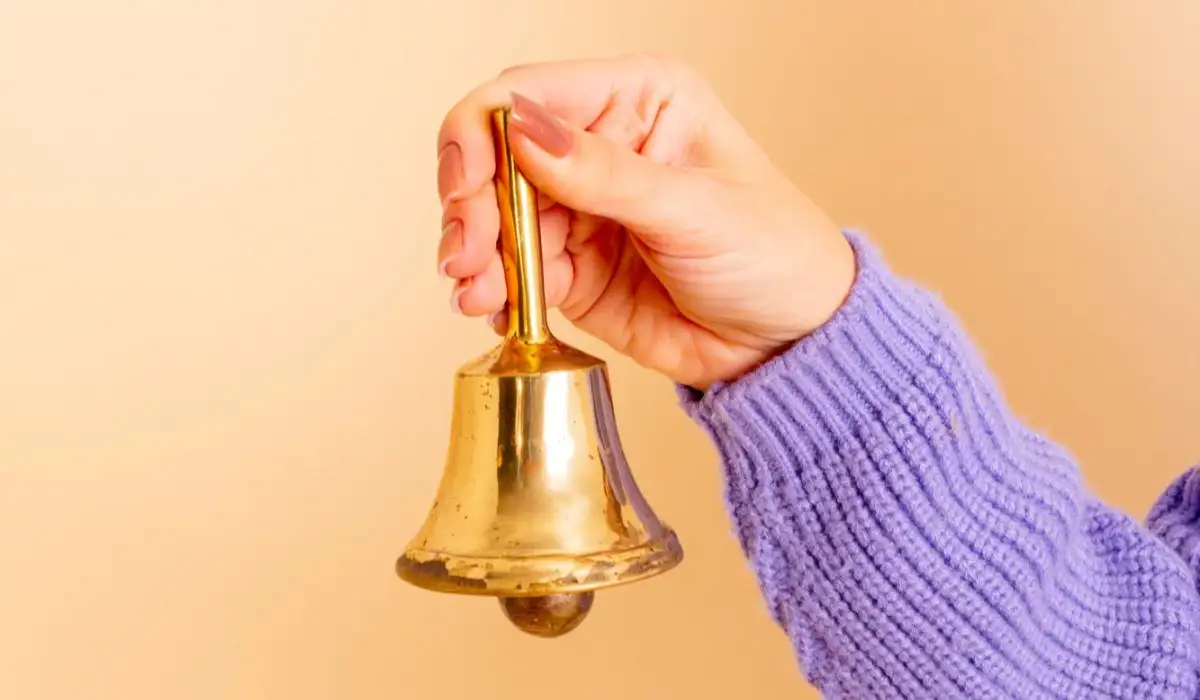
Ring a Bell Day
#CulturePromoting peace and mindfulness by ringing a bell.
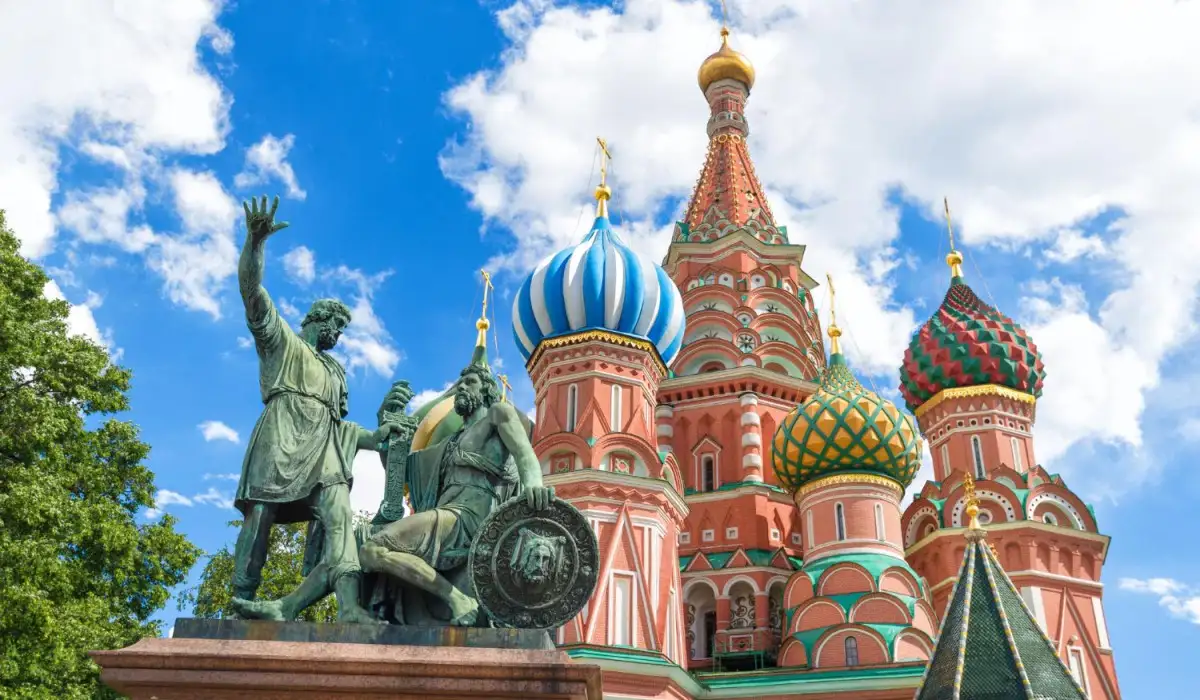
Saint Basil's Day
#ReligiousCommemorating the life and works of the 4th century bishop who helped the poor and underprivileged.
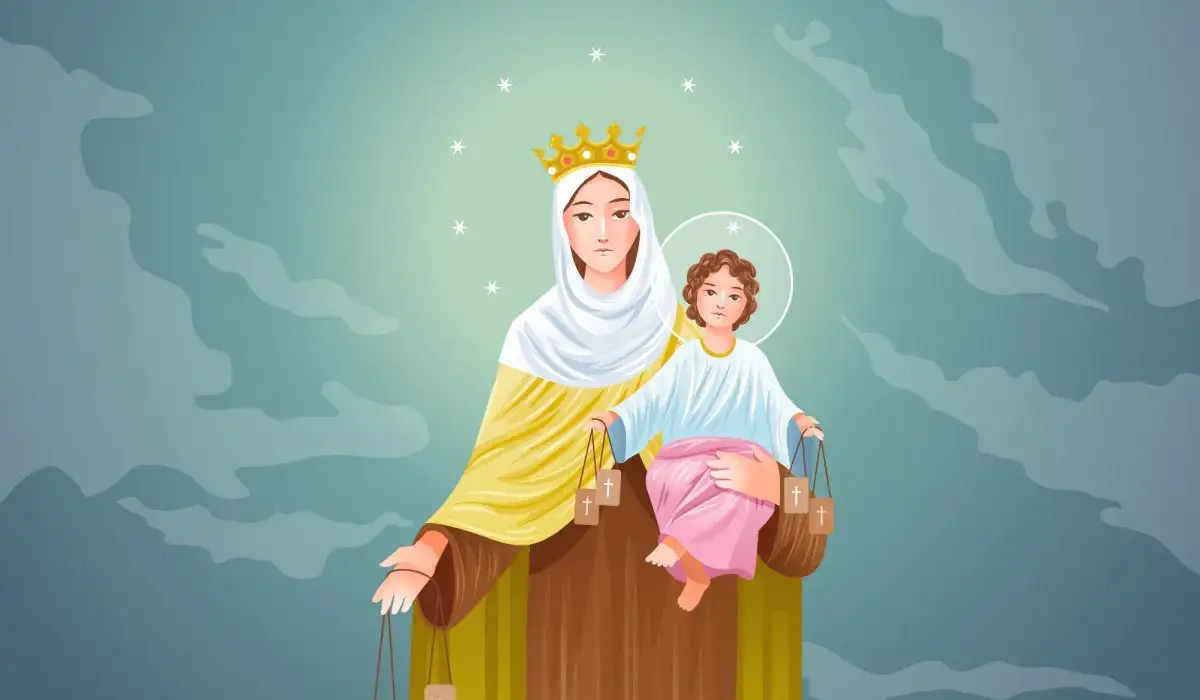
Solemnity of Mary
#ReligiousHonouring Mary as the Mother of God and reflecting upon her role in Jesus's life.
Interesting Facts of January 1st
- January 1st became recognized as the start of the new year in 46 BCE when Julius Caesar introduced the Julian calendar. It was later reaffirmed in 1582 with the adoption of the Gregorian calendar by Pope Gregory XIII, which is widely used today.
- The tradition of making New Year's resolutions on January 1st dates back to ancient Babylon, where people would make promises to the gods at the start of each year. In modern culture, this practice inspires individuals to set goals and strive for self-improvement.
- January 1st is a public holiday in numerous countries, each with its unique customs and traditions. For example, in Japan, people participate in Hatsumode, the first visit to a shrine or temple, to pray for good fortune and blessings in the coming year.
- In Scotland, there is a tradition called "first-footing". It's considered good luck if the first person to enter a home after midnight on New Year's Day is a dark-haired male. This tradition dates back to Viking days when a blond stranger arriving on your doorstep meant trouble.
- January 1 is one of the most celebrated public holidays globally, as countries around the world welcome the New Year with fireworks, parties, and other festivities.
- In Italy, particularly in Rome, a New Year's tradition is to jump off the Cavour Bridge into the Tiber River to bring in good luck.